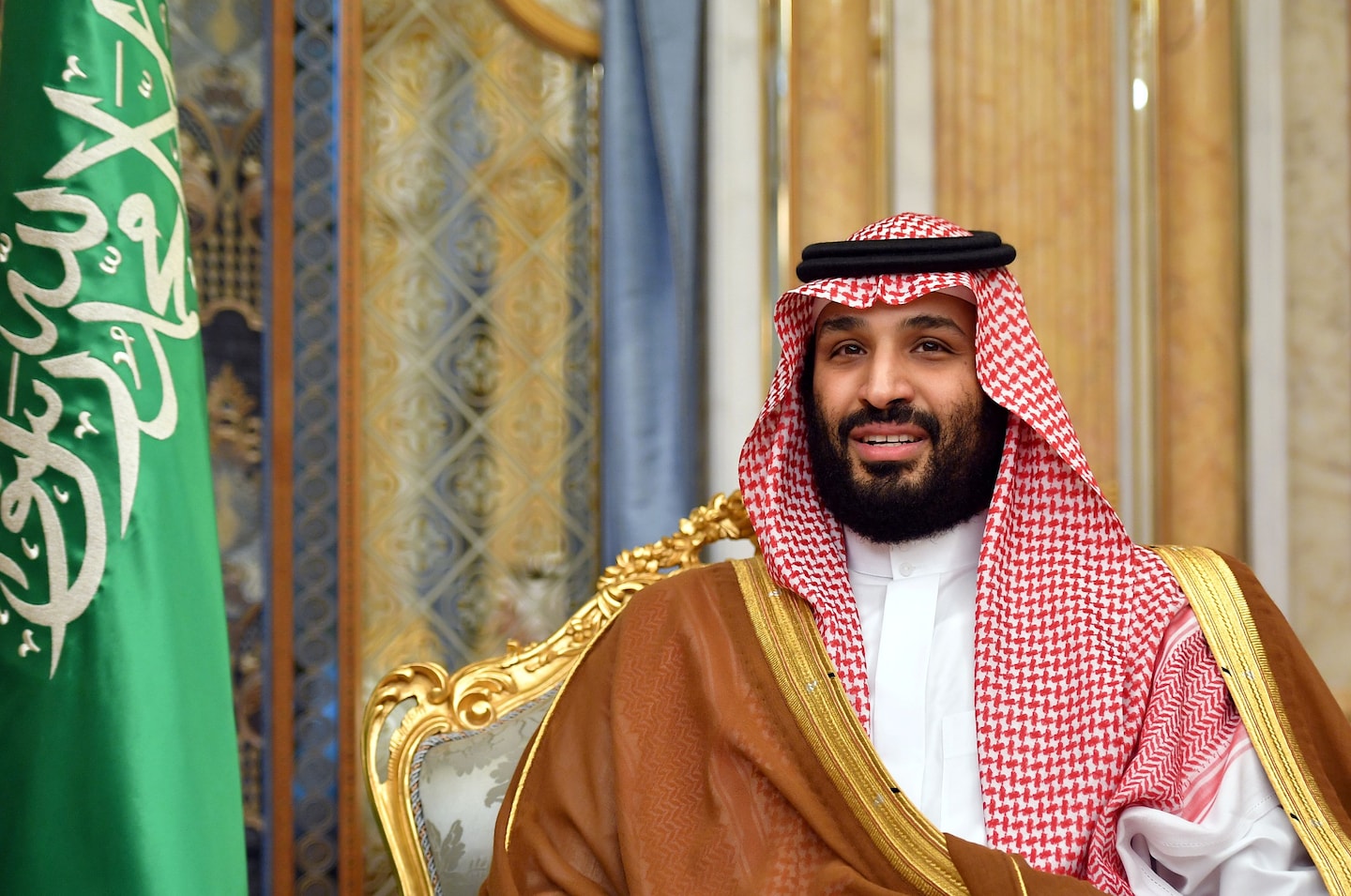The Saudi crown prince, Interpol and an alleged assassination plot

The previously secret Interpol statements surfaced in a lawsuit filed Thursday in a federal district court in Washington by Saad Aljabri, a former top Saudi intelligence official. Aljabri was the closest adviser to MBS’s chief rival, former Crown Prince Mohammed bin Nayef, known as MBN. After the Saudis’ extradition request to Interpol and other escalating pressure tactics had failed, the suit alleges, MBS sent a “Tiger Squad” team to kill Aljabri in Canada in October 2018.
Aljabri bases his claim on two U.S. statutes, the Torture Victim Protection Act, which bans extrajudicial killing, and the Alien Tort Statute, which allows victims of such illegal operations to sue in U.S. courts.
The lawsuit contains a revelatory allegation about why Aljabri was fired in September 2015 after a decade as one of the CIA’s most valued contacts on counterterrorism. That complaint alleges that Aljabri had met that July with John Brennan, then head of the CIA, to warn him that MBS “was encouraging Russian intervention in Syria.” Two months later, Russia sent troops and, according to the lawsuit, Aljabri was sacked in reprisal for talking to Brennan.
The most sensational details in Aljabri’s lawsuit involve text messages in which MBS allegedly tried to lure or compel him to return to Saudi Arabia after he fled in May 2017. MBS at first sounded conciliatory, urging Aljabri to come home in June. When Aljabri tried to stall until June 24, MBS pressed him to come “a few days earlier.” On June 20, 2017, MBS organized the coup that deposed MBN and took his place as crown prince.
Aljabri’s two youngest children, Omar and Sarah, were banned from leaving the kingdom just after the coup. Aljabri begged for permission for them to attend school in the United States, but MBS refused — insisting that Aljabri “come back tomorrow.”
When Aljabri resisted MBS’s attempt to use the children as bargaining chips, MBS texted on Sept. 10, 2017, that he would “take legal measures, as well as other measures that would be harmful to you,” the complaint alleges.
MBS threatened to extradite Aljabri and warned: “There is no state in the world that would refuse to turn you over.” The Saudis issued an arrest warrant for the former counterterrorism adviser, on Sept. 12, 2017, and asked Interpol to disseminate it.
Interpol, based in Lyon, France, weighed arguments from both Aljabri’s lawyers and Saudi representatives. On July 4, 2018, a commission that considered such requests rejected the Saudi demand. That decision document, shared with me by Aljabri’s legal team, is worth quoting in detail, since it may offer the first significant international legal judgment on MBS’s activities.
The Saudi extradition request was based on allegations against Aljabri from the Supreme Anti-Corruption Committee, known as SACC, which MBS had used to prepare the Ritz-Carlton arrests and other operations. The Interpol commission noted that it had “mapped” three aspects of SACC’s operations: “the selectivity of its subjects, the political nature of its motives, and the lack of due process and human rights guarantees in its procedure.”
The commission described “a view that SACC operates as part of a political strategy by MBS to target any potential political rival or opposition.” The panel noted that this effort could indeed fight corruption and “establish rule of law,” but that it had “studied analyses signaling that SACC has allowed MBS to further consolidate his already existing political and economic power.”
In rejecting the Saudi request, Interpol noted reports of arrests, arbitrary detentions and torture of suspects: “The Commission observed that such reports of abuse and due process violations make the proceedings concerning corruption cases antithetical to a fair and transparent judicial process. Considering the lack of judicial oversight and the direct involvement of MBS, the Commission observed that the context underlying the [Aljabri] case . . . is indicative of political elements.”
As for the travel bans on Aljabri’s two youngest children (who were on detained in March), the commission concluded: “Unjustified restrictive measures on his family members suggest the case is politically motived rather than strictly juridical.”
Having failed in its efforts to compel Aljabri’s return, MBS allegedly dispatched the Tiger Squad to Toronto around Oct. 15, 2018. That was less than two weeks after another Tiger Squad had allegedly murdered Khashoggi, another MBS critic who had refused pleas and threats to return home.
Canadian authorities, forewarned by Aljabri and others, were waiting at the Ontario airport and sent most members of the team back home.
MBS has claimed that Aljabri is a corrupt man who stole money while he worked for MBN at the Interior Ministry. With the filing of Aljabri’s suit, the crown prince may have to make his arguments in court. But for now, we’re left with the Interpol judgment rejecting his bid to obtain Aljabri’s return.
Read more:






